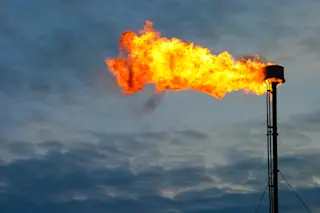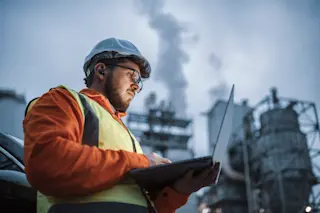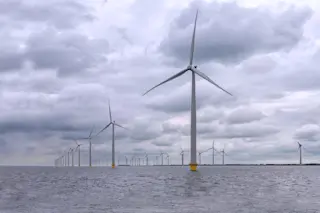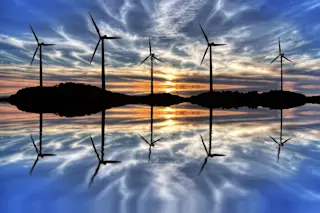It's not in the headlines or on the evening news, but there's a big story that some people are discussing. And it's going to get bigger and matter way more than the heat waves and extreme weather that everyone in climate circles is buzzing about this summer. To catch up on this story, you should read the series of posts in July by Walter Russell Mead, which he has titled, The Energy Revolution. From part one:
A world energy revolution is underway and it will be shaping the realities of the 21st century when the Crash of 2008 and the Great Stagnation that followed only interest historians. A new age of abundance for fossil fuels is upon us. And the center of gravity of the global energy picture is shifting from the Middle East to"¦ North America.
In part two, Mead writes that, "we are now entering a time when ...













